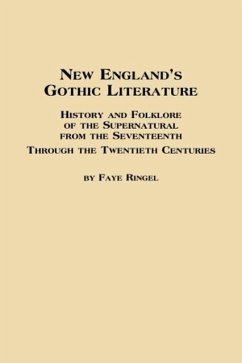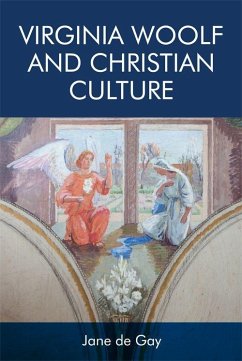
Virginia Woolf: Turning the Centuries
Selected Papers from the Ninth Annual Conference on Virginia Woolf, University of Delaware, June 10-13, 1999
Herausgeber: Ardis, Ann; Scott, Bonnie Kime
Versandkostenfrei!
Versandfertig in über 4 Wochen
37,99 €
inkl. MwSt.

PAYBACK Punkte
19 °P sammeln!
At the end of the twentieth century, the questions raised and issues explored in Woolf studies prove to be sufficient themes of inquiry for a new century. Can there exist common ground between queer theorists and lesbian-feminists, or are their causes not connected and must they go their separate ways? Virginia Woolf belongs simultaneously to her time and to ours: What allusions would her contemporaries have taken for granted that must now be recovered through meticulous scholarship? What codes whose meanings are apparent to readers now would have been available to very few in her own time? Wh...
At the end of the twentieth century, the questions raised and issues explored in Woolf studies prove to be sufficient themes of inquiry for a new century. Can there exist common ground between queer theorists and lesbian-feminists, or are their causes not connected and must they go their separate ways? Virginia Woolf belongs simultaneously to her time and to ours: What allusions would her contemporaries have taken for granted that must now be recovered through meticulous scholarship? What codes whose meanings are apparent to readers now would have been available to very few in her own time? What was popular film culture like and what connections might we find between Woolf's art and British film of the 1920s? How can Woolf help us think through the dangers of nationalism? What does Three Guineas contribute to a discussion of corporate globalism? And how does it illuminate what has happened for women in the academy and in the professions in the sixty years since it was published? Contributors to Virginia Woolf: Turning The Centuries who pose and suggest answers to these and many other questions include Julia Briggs, Suzette Henke, Sally Greene, Alison Booth, Pamela Caughie, Judith Roof, Diane Gillespie, Melba Cuddy-Keane, and Jane Lilienfeld.












